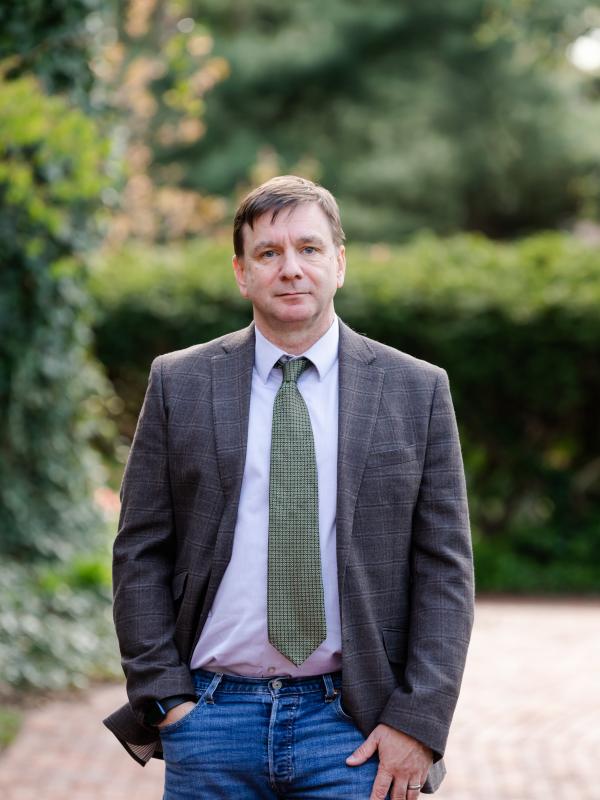
Marcus Kurtz
Director
33 Townshend Hall
1885 Neil Ave.
Columbus, OH 43210
Areas of Expertise
- Political Science
Marcus Kurtz is also the coordinator for the Comparative Politics Research Workshop.
Professor Kurtz received both his MA and his PhD in political science from the University of California, Berkeley. His tenure at Ohio State began in 2000, when he became assistant professor in the Department of Political Science. He was promoted to associate professor in 2006 and to full professor in 2013. His research and teaching interests are in the areas of comparative politics, democratization, political economy and development, with a focus on Latin America. He has authored two books, both published by Cambridge University Press: Free Market Democracy and the Chilean and Mexican Countryside and Latin American State Building in Comparative Perspective: Social Foundations of Institutional Order. His second book examines the socio-political foundations of state building and failure in four South American countries with a comparative extension to the Prussian case.
Professor Kurtz has also published several peer-reviewed journal articles in such publications as American Journal of Political Science, World Politics, Comparative Politics, Comparative Political Studies, International Organization, International Studies Quarterly, Journal of Politics, Politics & Society, Comparative Studies in Society and History, and Theory and Society. Some of his article titles are: “Oil and Democracy: Endogenous Natural Resources and the Political ‘Resource Curse,'” “Capturing State Strength: Experimental and Econometric Approaches” and “Paths of Policy Diffusion: When and How Diffusion Shapes Financial Globalization in Latin America.”
Other ongoing research examines the causes and consequences of differing strategies of international economic integration in Latin America, the role of the state in economic development, the cross-national measurement of state capability or governance, the relationship between natural resource wealth and political regime, as well as the effects of free market developmental strategies on the problem of democratic consolidation.
